Our ‘legal doctor’ Robert Botkai discusses new regulations in Wales as well as the Supreme Court case on business interruption loans

The first article of a new year and hopefully reflective of how 2021 will progress, the tone of this will move from the somewhat downtrodden additional requirements for businesses introduced by the new Welsh Covid Regulations, to the far more cheerful (for businesses at least!) recent Supreme Court appeal by the Financial Conduct Authority on business interruption claims.
Welsh Covid Regulations
The entirety of the UK is currently under some form of lockdown. However, the form these lockdowns take is determined by each of the devolved nations, and some discrepancies have arisen in their approaches.
On January 20, Wales introduced several amendments to their latest Covid Regulations, predominantly relating to restrictions following international travel and attempts to minimise the spread of Covid-19 at business premises.
Businesses in Wales were previously required to take all reasonable measures to ensure two-metre distancing and minimise face-to-face interaction between members of different households. The new Regulations introduced an additional requirement for ‘regulated premises’ to undertake a specific assessment of the risk of exposure to coronavirus at their premises, and consult with their employees and employee representatives in doing so. The definition of ‘regulated premises’ is set out in the Regulations and includes, among others, public transport, retail premises and petrol stations.
Retail premises have further requirements – they must also:
Take measures to control entry to the premises;
Limit the number of customers on the premises
at any one time;
Provide hand sanitiser or hand washing facilities on entry and exit;
Take measures to sanitise baskets, trolleys and any similar items used by customers; and
Display signs and regularly make announcements reminding customers to wear a face covering and maintain two-metre distancing.
Some businesses have already voluntarily adopted some of these measures, however, they are all now a legal requirement.
A failure to comply with these measures may lead to the issuing of a ‘premises improvement notice’ specifying steps to be taken or, more extremely, a ‘premises closure notice’.
If measures are implemented and improvements made, both forms of notice may be terminated by an enforcement officer. Businesses also have a right to appeal either notice by way of the Magistrates Court.
Business Interruption Claims
The recent Supreme Court case on business interruption insurance claims proved a resounding success for policyholders. The case had been leapfrogged on appeal from the High Court, having been brought by the Financial Conduct Authority (FCA) as a test case. The case at first instance had already been favourable to policy holders and the appeal has arguably gone even further, with the Supreme Court holding that:
Businesses may be able to make claims even if they were only partially closed;
Claims may be made following mandatory closure orders, even if they were not legally binding – a prudent judgment given the emphasis on following both the guidance and regulations relating to Covid-19; and
Claims should not be reduced if the loss would have resulted from the pandemic in any event, not just due to business interruption.
The Supreme Court ruled that in 14 of the 21 types of policies included in the FCA’s sample, policyholders could make claims. However, the intention of this case was always for it to be a far-reaching decision with wider consequences. All insurers will need to consider the judgment when deciding claims in relation to other policies not included in the sample, and the FCA estimates as many as 370,000 policyholders may be affected.
Not only has the decision been far-reaching in terms of the number of policy holders it may impact, but also in dismissing the insurers’ arguments the Supreme Court held that a previous 2010 decision on business interruption insurance had been wrongly decided. The 2010 decision had narrowly construed a ‘but for’ causation test to deny business interruption cover to a hotel damaged by hurricanes, as the hotel would have lost business in any event due to the impact on the area regardless of any damage done to the hotel. The Supreme Court held that the presence of two competing causes would not invalidate a claim unless damage by one was specifically excluded. While this will not affect business interruption claims brought due to the pandemic, it will impact those brought following “wide area damage”, for example flooding, to the benefit of policyholders.
* I would very much welcome feedback and suggestions on these issues or any areas you would like me to cover in future articles.
www.wslaw.co.uk










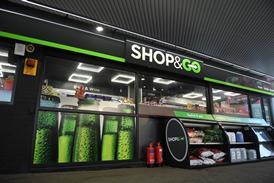

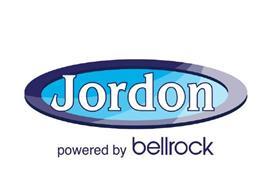






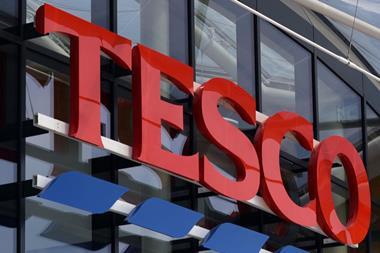
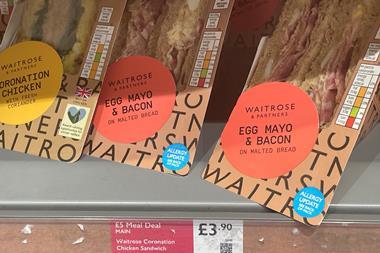

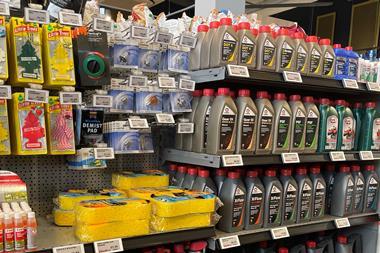
No comments yet